
The full form of “COMPUTER” is “Common Operating Machine Purposely Used for Technological and Educational Research”.
Table of Contents
Computer Definition:
“A computer is an electronic device that processes data to perform various tasks according to a set of instructions called a program”.
It can store, retrieve, and process data with high speed and accuracy for various purposes. It comes in various forms, including desktop PCs, laptops, servers, mainframes, supercomputers, and so on…
It consists of hardware components such as a Central Processing Unit (CPU), memory(RAM), storage devices(HDD and SSD), input devices (e.g., keyboard and mouse), and output devices (e.g., monitor and printer), etc.
The software, comprising operating systems and applications, enables users to interact with and utilize the capabilities of the computer. Overall, It is a versatile tool used in numerous fields for tasks ranging from simple calculations to complex simulations and data analysis.
Read More: The History of the Computer
The Inventor of the Computer

Charles Babbage is the Father of Computers, an English mathematician, philosopher, inventor, and mechanical engineer. The concept of a programmable computer was pioneered by Charles Babbage in the 1830s with his Analytical Engine, but the first practical electronic computer, the ENIAC, was built in the 1940s by John Presper Eckert and John Mauchly. Firstly, the Difference Engine and finally, the analytical Engine, which is considered a precursor to modern computers. Although Babbage’s designs were never fully realized during his lifetime due to limitations in manufacturing technology, his work laid the foundation for future advancements in computing.
Uses of Computer:
It has become a necessary tool in virtually every aspect of modern life, revolutionizing how we work, communicate, learn, and entertain ourselves. Some common uses of computers include:
- Communication: Computer enables instant communication through email, messaging apps, social media platforms, and video conferencing tools, connecting people across the globe.
- Information access: The internet provides access to a vast amount of information on virtually any topic imaginable, allowing users to research, learn, and stay informed.
- Productivity: It facilitates various productivity tasks, such as word processing, spreadsheet management, presentations, and project management, streamlining workflow and improving efficiency in workplaces.
- Entertainment: It is used for entertainment purposes, including gaming, streaming music and videos, watching movies, and browsing online content.
- Education: It plays a crucial role in education, providing interactive learning experiences through educational software, online courses, and multimedia resources.
- Business: In the business world, It is used for accounting, inventory management, customer relationship management (CRM), marketing, and data analysis, among other tasks, helping businesses operate more efficiently and effectively.
- Creative pursuits: It is an essential tool for creative professionals, including graphic designers, photographers, filmmakers, musicians, and writers, enabling them to create and manipulate digital content with sophisticated software applications.
- Research: It is an indispensable tool in scientific research, aiding in data collection, analysis, simulation, and modeling across various fields, from biology and chemistry to physics and astronomy.
Best Uses in 2024: Computers in 2024 are essential for:
- Artificial Intelligence: Driving advancements in machine learning, natural language processing, and automation.
- Cloud Computing: Enabling scalable storage, data analysis, and remote work solutions.
- Quantum Computing: Accelerating research in physics, cryptography, and medicine.
- Internet of Things (IoT): Managing and analyzing data from interconnected smart devices.
In 2024, computers remain vital across industries, from healthcare and education to finance and entertainment, empowering digital transformation and innovation.
Read More: The Classification of a Computer in the 21st Century
Overall, Computers have permeated nearly every aspect of modern society, fundamentally transforming how we live, work, and interact with the world around us. Their versatility, speed, and computational power continue to drive innovation and shape the future of technology.
Read More:
- A Complete Guide to MAC Addresses: Definition, Function, and Uses
- Comprehensive Guide to the Types of Computer Networks: LAN, WAN, PAN, and More
- Understanding Network Cabling: A Beginner’s Guide to the Basics of Wiring Standards
- What is the Internet? Good and Bad uses of It in the 21st Century
- The History of the Computer
- The Classification of a Computer in the 21st Century
- Making a Bootable Pendrive Without Any Software for Installing an Operating System
- Making a Partition in 6 Easy Steps on a Hard Disk
- Hiding a Partition of a Hard Disk for Data Security
- Ultimate Guide to Boot Configuration Data (BCD Editor) Store Editor: How to Manage and Troubleshoot Boot Settings in Windows
- Binary Code Basics: How Computers Use 0s and 1s to Communicate
- How to Fix Keyboard Hardware Issues: Repair Non-Working Keys Easily
FAQs
Q1: What is a computer, and how does it work?
Ans: A computer is a device that processes data through a series of instructions to perform tasks. It works by using hardware and software to carry out these instructions.
Q2: Who invented the first computer, and when?
Ans: Charles Babbage conceptualized the first mechanical computer in the 1830s, while the first electronic computer, ENIAC, was built in the 1940s by Eckert and Mauchly.
Q3: What are the main components of a computer?
Ans: The main components are the CPU, memory (RAM), storage (hard drive or SSD), and input/output devices (keyboard, monitor).
Q4: How do computers impact daily life?
Ans: Computers enable communication, work, entertainment, learning, and efficient data management in various aspects of daily life.
Q5: What are the different types of computers?
Ans: Types include desktops, laptops, tablets, servers, and specialized devices like supercomputers and embedded systems.
Q6: How has computer technology evolved over time?
Ans: Computers have evolved from large, slow machines to compact, powerful devices, with advancements in processing speed, storage, and connectivity.
Q7: What are the common uses of computers today?
Ans: Common uses include internet browsing, document creation, gaming, multimedia editing, and running business applications.
Q8: What is the difference between a computer and a smartphone?
Ans: While both can perform similar tasks, smartphones are portable with integrated communication features, while computers typically offer more processing power and versatility.
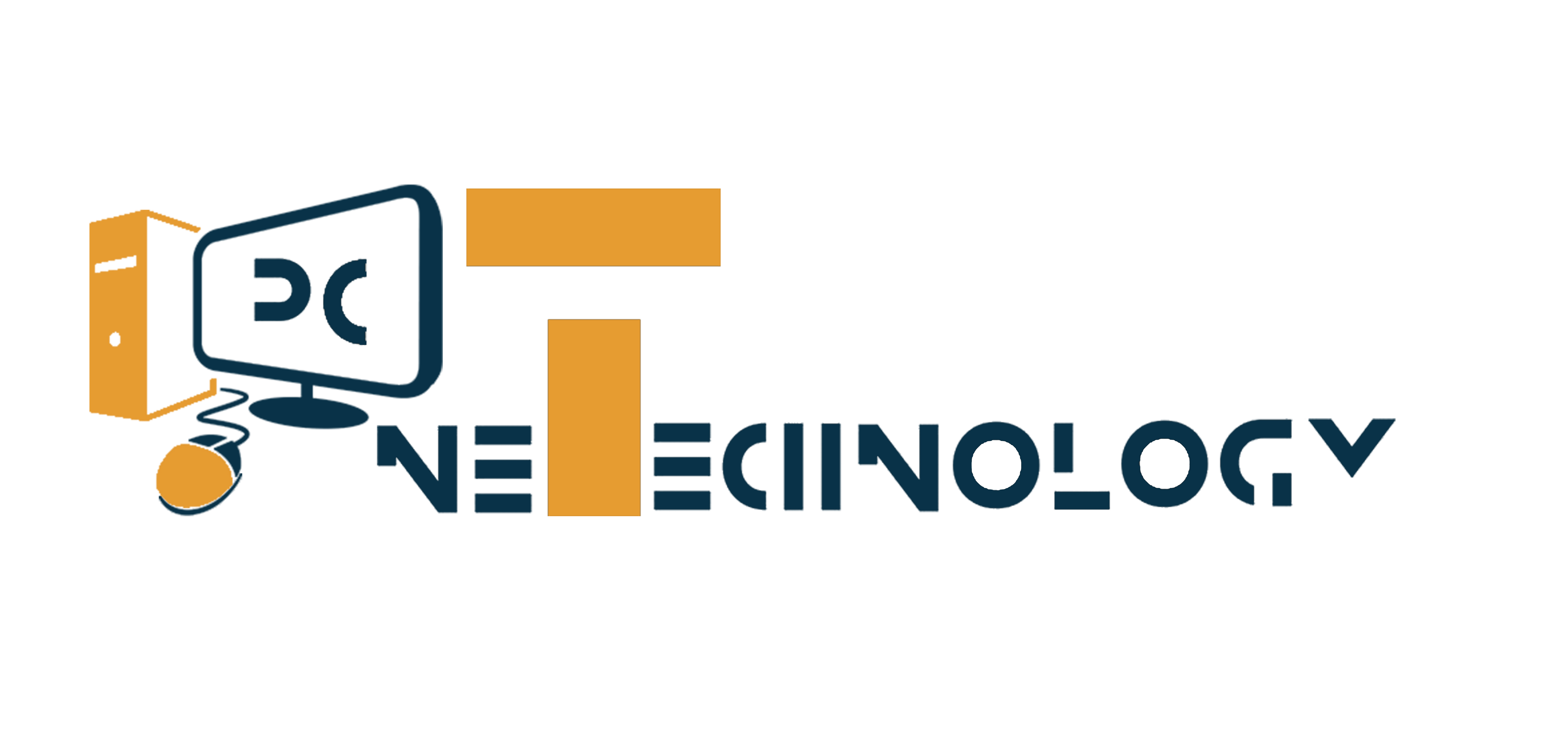



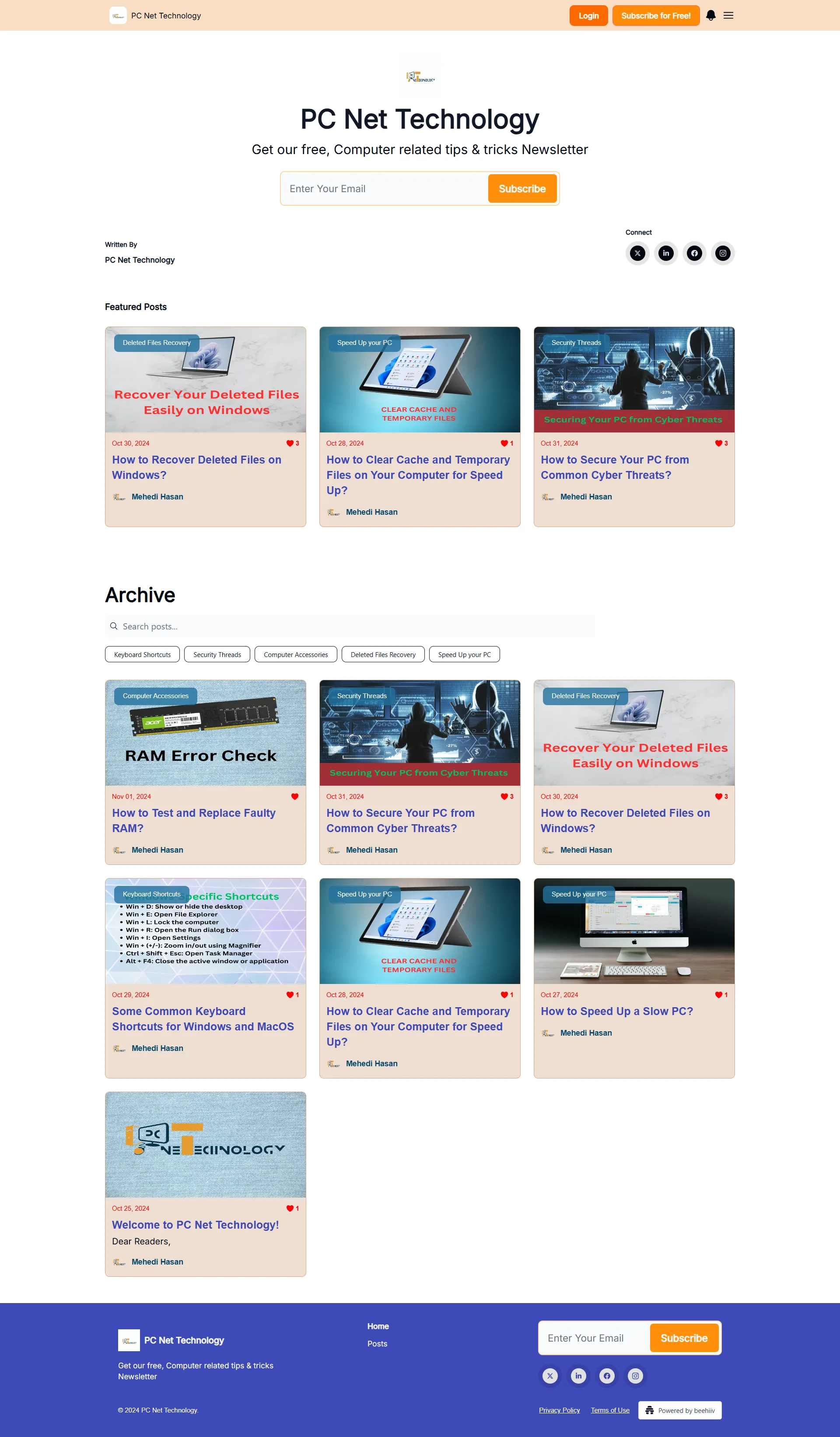
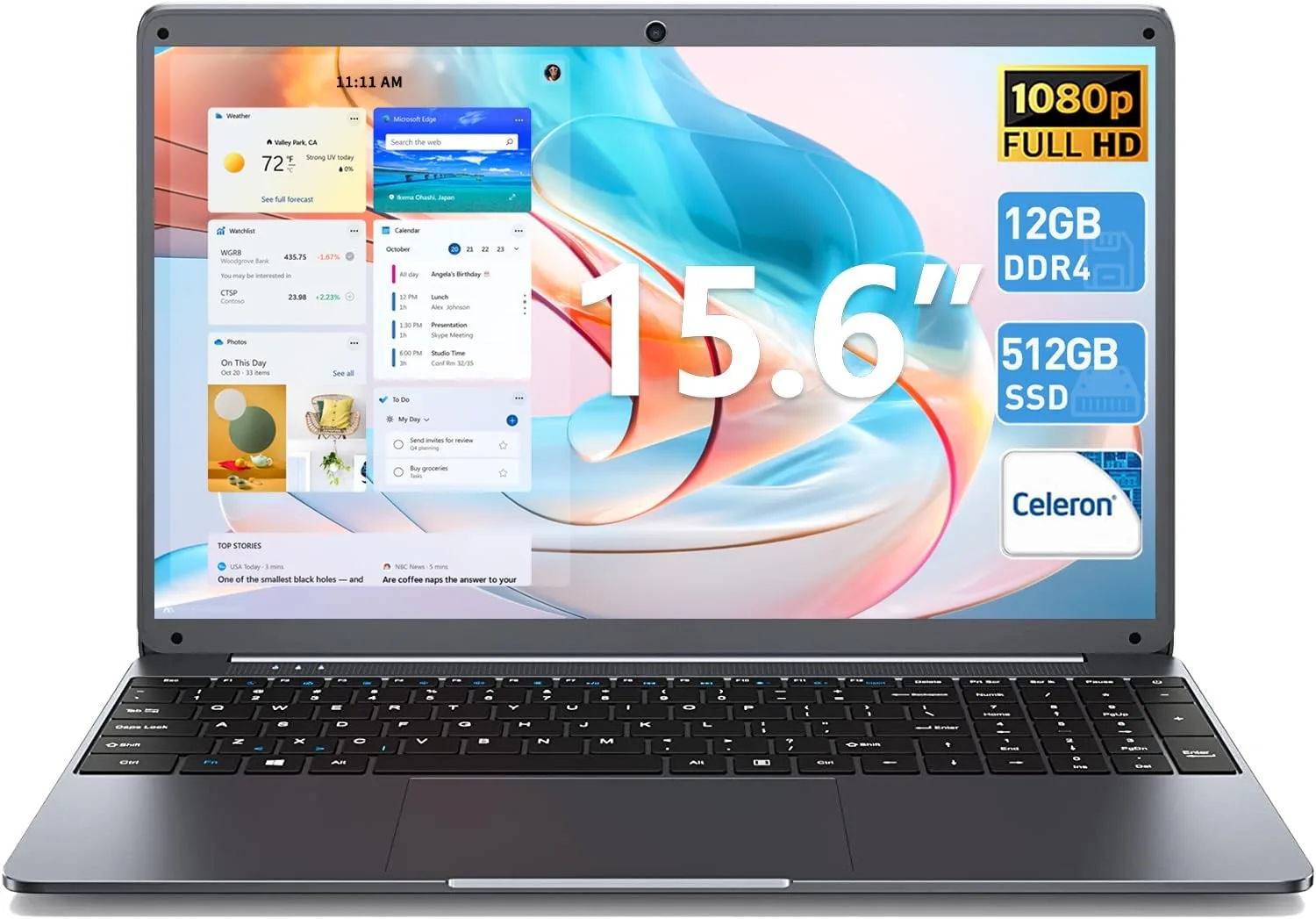
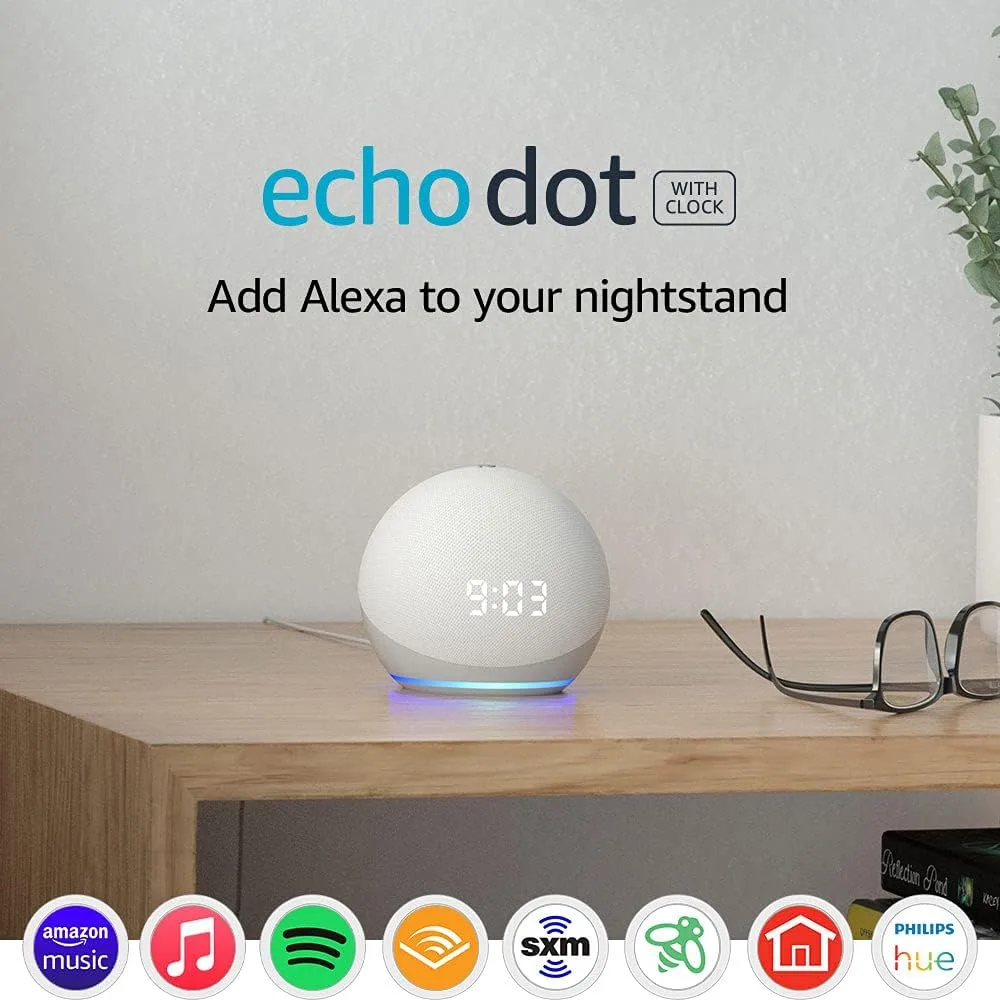
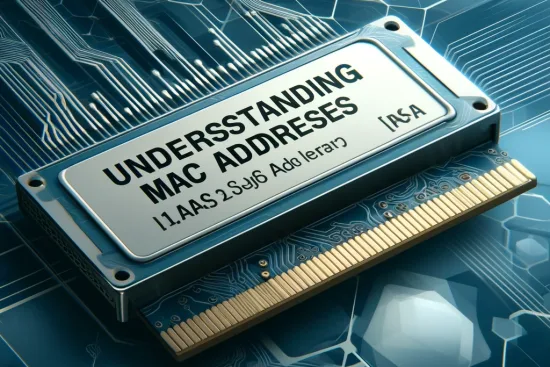
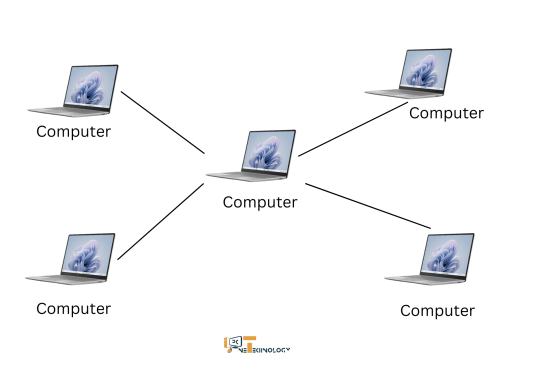
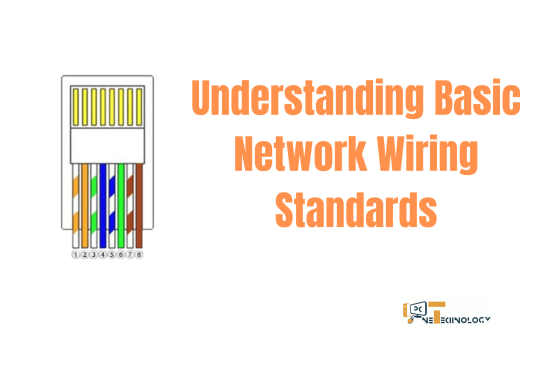


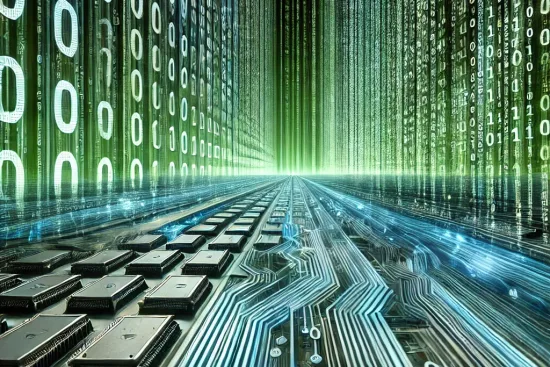


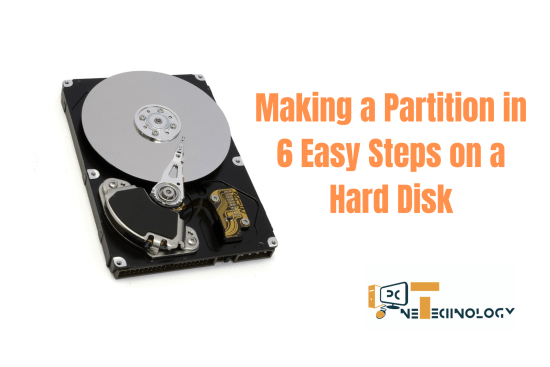
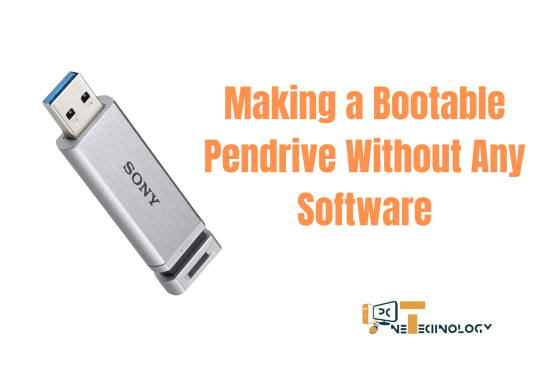

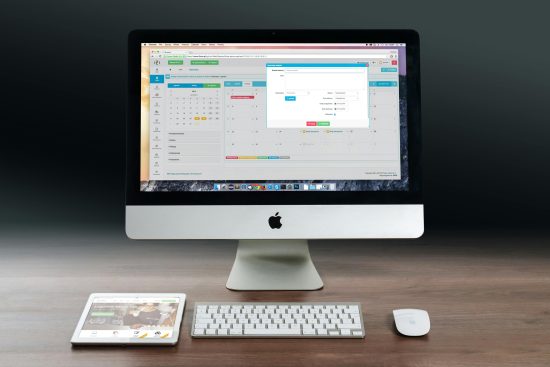
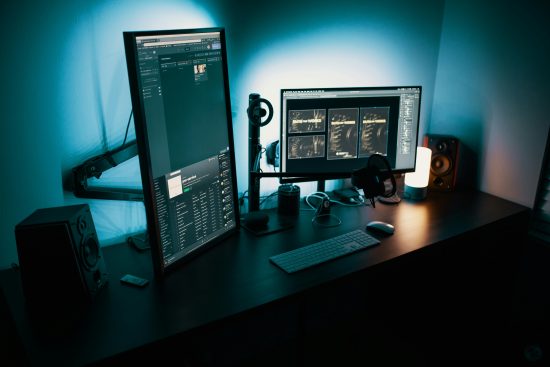
Comments (2)
Andre Blattsays:
March 26, 2024 at 6:39 PMHey there would you mind stating which blog platform you’re using?
I’m going to start my own blog in the near future but I’m having a hard time making a decision between BlogEngine/Wordpress/B2evolution and Drupal.
The reason I ask is because your design seems different then most blogs and I’m looking for something unique.
P.S Sorry for being off-topic but I had to ask!
PC Net Technologysays:
March 28, 2024 at 9:48 AMThanks for your comment. I am using a popular CMS for my site design.